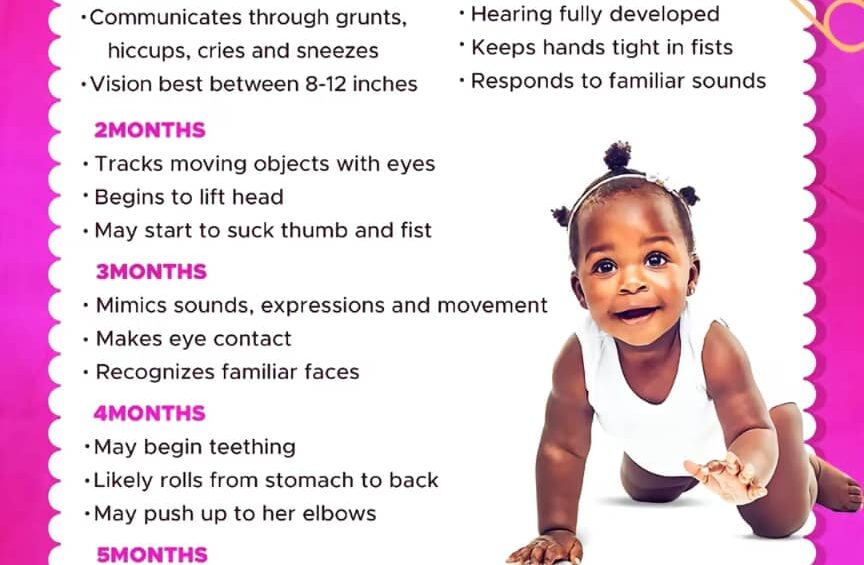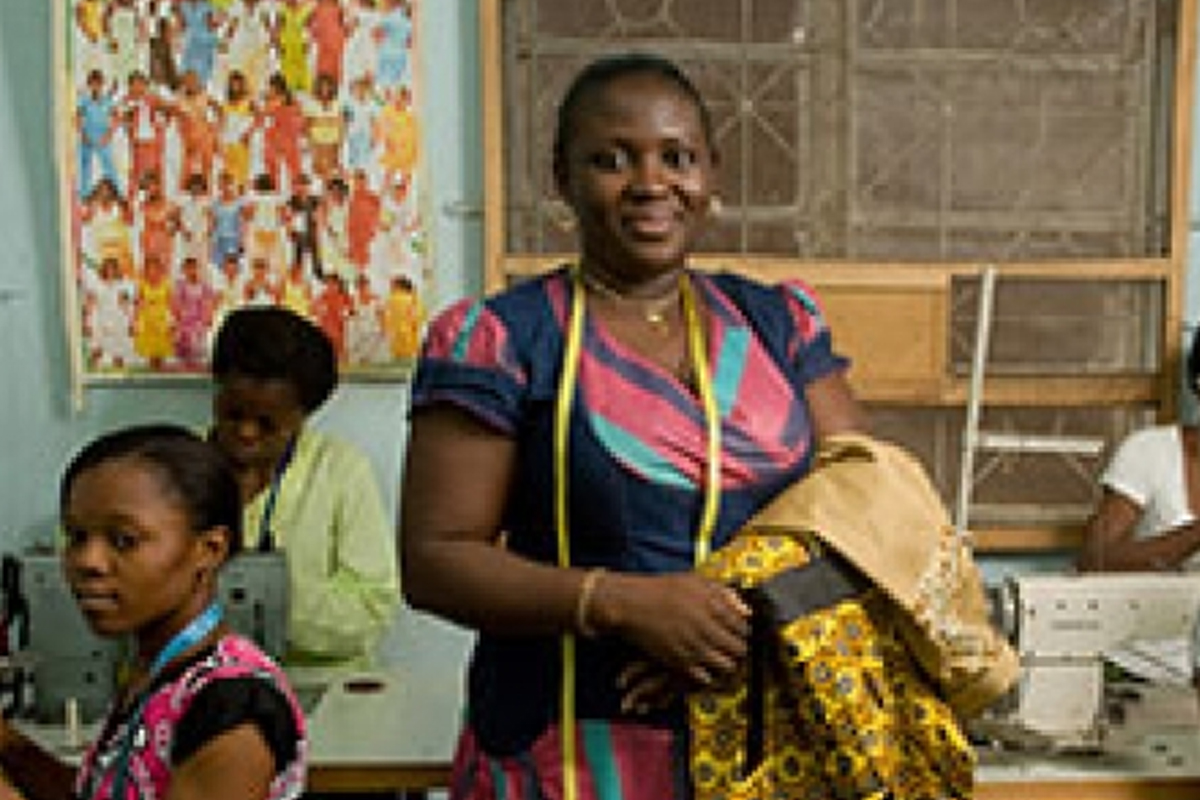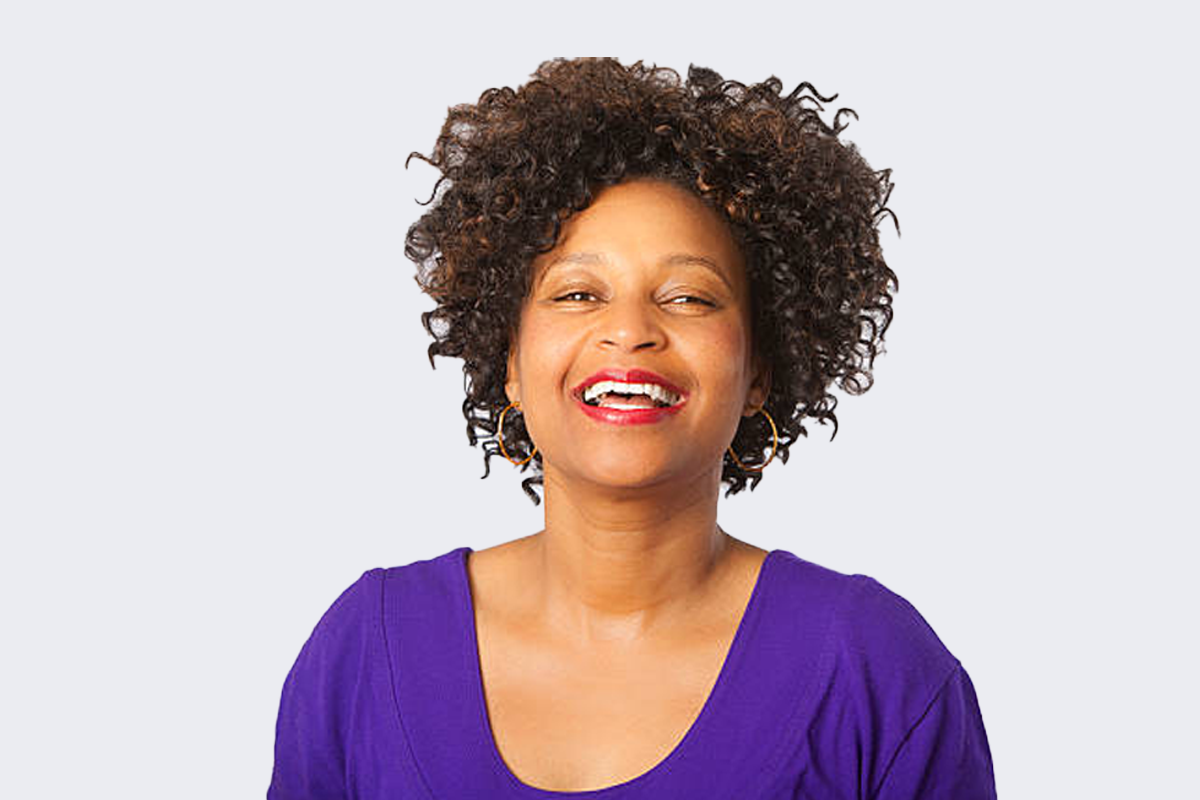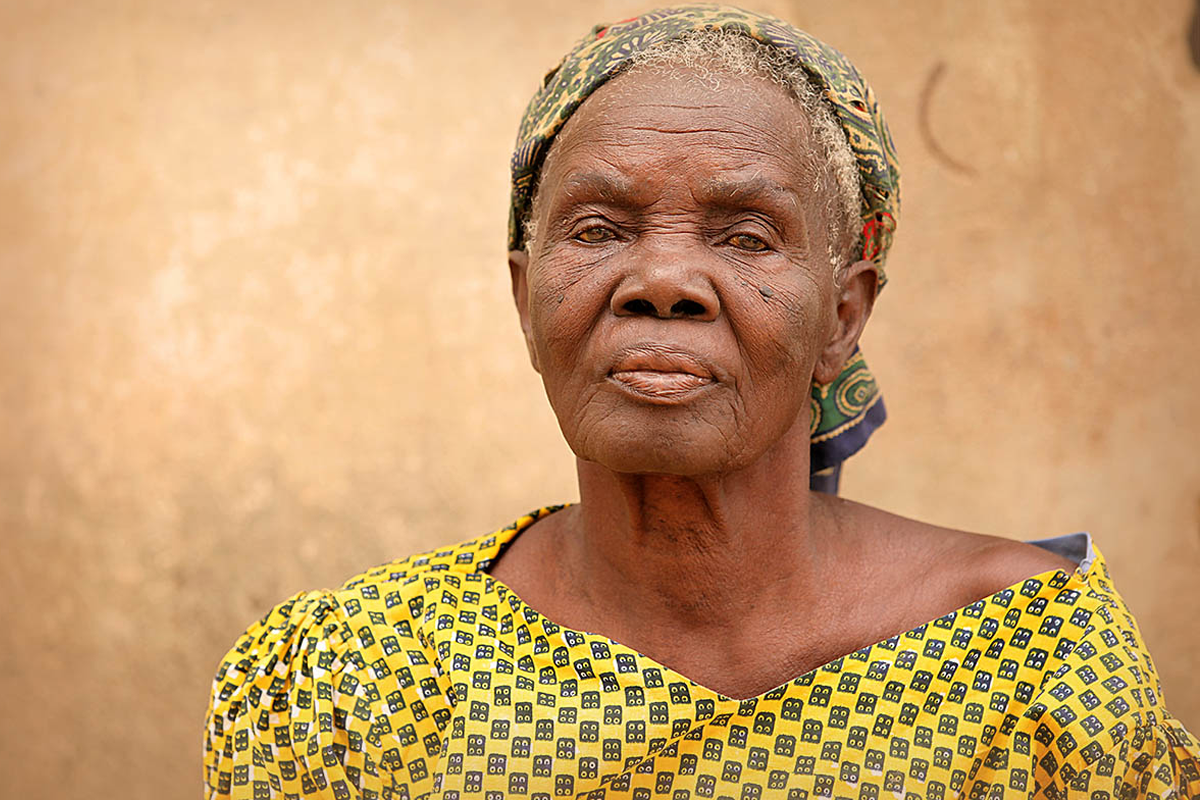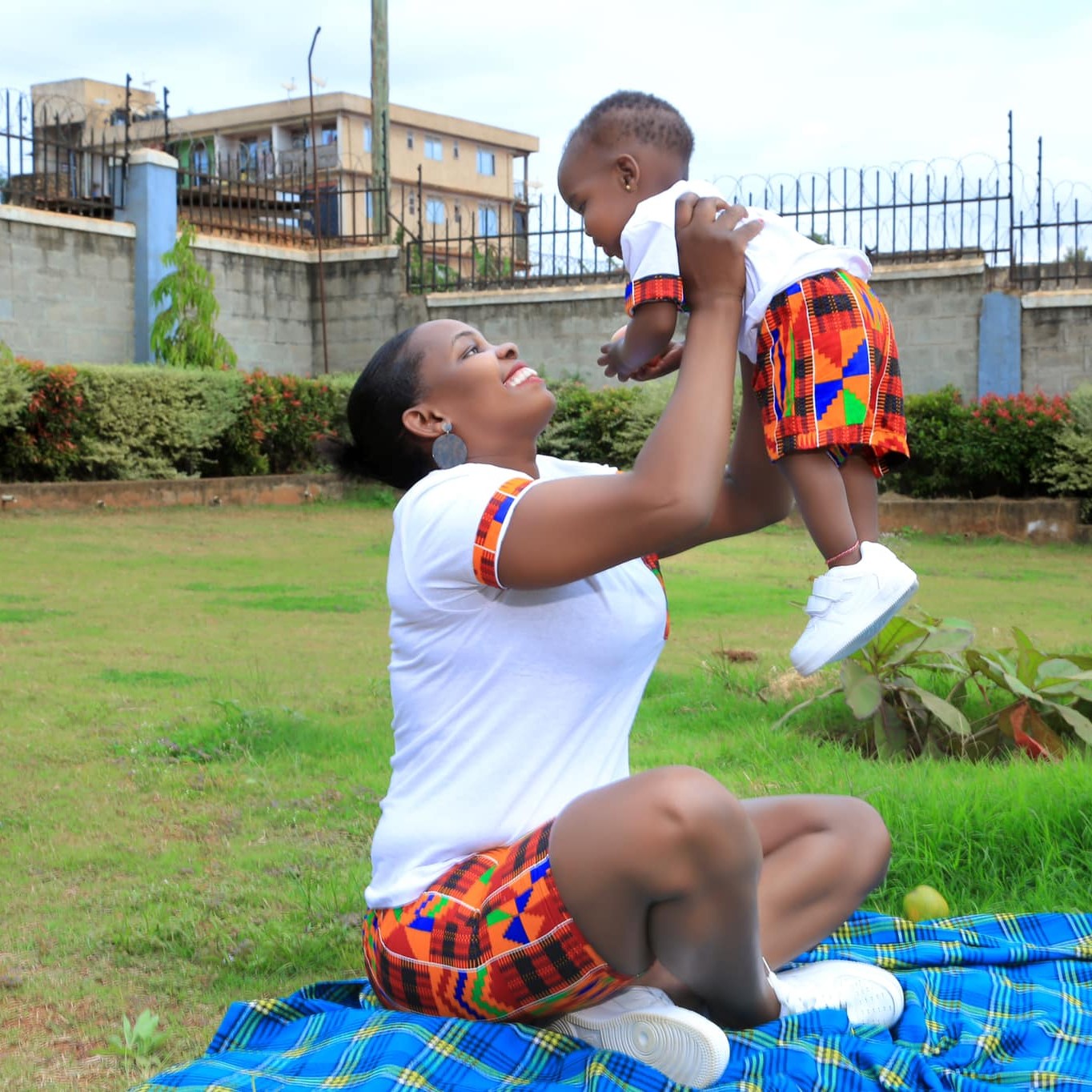The first year of a baby’s life is a whirlwind of growth, development, and milestones. As a parent, it’s essential to track your baby’s progress to ensure they’re meeting their developmental milestones and to identify any potential delays.
In this post, we’ll guide you through the significant developmental stages of a baby’s first year, highlighting what to expect and how to support their growth.
Month 1-3: Laying the Foundation
In the first three months, your baby will:
- Develop their sense of sight and hearing
- Start to recognize familiar faces and voices
- Begin to track objects with their eyes
- Learn to self-soothe and regulate their emotions
Tips for parents:
- Engage in skin-to-skin contact to promote bonding and development
- Respond to your baby’s coos and babbles to encourage language development
- Provide a stimulating environment with toys and music
Month 4-6: Physical Development Takes Off
Between four to six months, your baby will:
- Start to roll over and reach for objects
- Develop their hand-eye coordination
- Begin to babble and make vowel sounds
- Show interest in toys and playtime
Tips for parents:
- Provide plenty of tummy time to strengthen neck and back muscles
- Offer toys that encourage grasping and releasing
- Engage in playtime activities that promote bonding and development
Month 7-9: Cognitive Development Accelerates
From seven to nine months, your baby will:
- Start to sit up and support themselves
- Develop problem-solving skills
- Begin to understand object permanence
- Show interest in mirrors and reflections
Tips for parents:
- Provide a safe and supportive environment for sitting and standing
- Offer toys that challenge problem-solving skills
- Engage in mirror play to promote self-discovery
Month 10-12: Language and Social Development Flourish
In the final three months of the first year, your baby will:
- Start to stand and walk with support
- Develop a vocabulary of around 20 words
- Begin to understand simple instructions
- Show affection for familiar people and objects
Tips for parents:
- Provide opportunities for standing and walking with support
- Engage in conversations and respond to your baby’s babbling
- Offer a variety of toys and objects to encourage exploration and learning
Tracking Growth and Development
To track your baby’s growth and development, be sure to:
- Schedule regular check-ups with your pediatrician
- Keep a baby journal or log to record milestones and progress
- Engage with your baby and respond to their cues
- Provide a nurturing and supportive environment that encourages growth and development
By tracking your baby’s growth and development, you’ll be able to identify any potential delays or concerns and take proactive steps to support their health and well-being.
Contact the Nutritionist:0787070057

